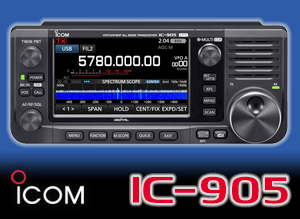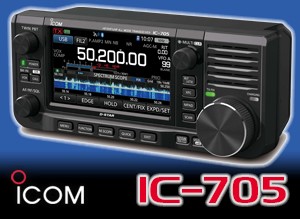Also in GB2RS this week…
Phil Cragg, G3UGK has indicated that he is standing down as Morse Competency Project Lead. The RSGB wishes to thank him for his work on behalf of the Training and Education Committee (TEC). The RSGB is now seeking a successor to take forward the Morse competency scheme, including proposed changes to make the scheme more accessible that are at an advanced state of preparation. If you feel you can assist in this capacity and wish to discuss it further, please contact TEC Chair Paul Whatton, G4DCV via email to tec.chair@rsgb.org.uk.
The International Amateur Radio Union Region 1 Monitoring System Newsletter reports that many Indonesian pirates were heard on 30 December 2017 in the 7.000 to 7.040MHz range, USB and LSB, active in 5kHz increments. Signals were reported to be rather strong in Europe. There were also Chinese over-the-horizon radars on 7 and 14MHz, emitting 10kHz wide bursts with durations of 3.8 and 7.6 seconds, and often jumping. A Russian military system was also reported, transmitting DSB on 7.030MHz from Crimea, covering about 5.6kHz for several days. Radio Eritrea and white noise jamming reported to be from Radio Ethiopia continue to be reported on 7.140 and 7.180MHz.
The Bouvet Island 3Y0Z DXpedition team has issued an invitation to follow the team while it’s on its way to the “most remote place on Earth”. The 3Y0Z team will be using a Garmin InReach SE satellite-tracking device that will enable others to follow the team’s travel route and progress in real time on a map. The device uses Iridium satellite technology and will send a waypoint along the route every 30 minutes. These will appear on the Bouvet MapShare website, as the team travels to Chile and eastward on the vessel Betanzos on the 10-to-12 day journey across the South Atlantic to Bouvet.
Category: GB2RS Headlines










